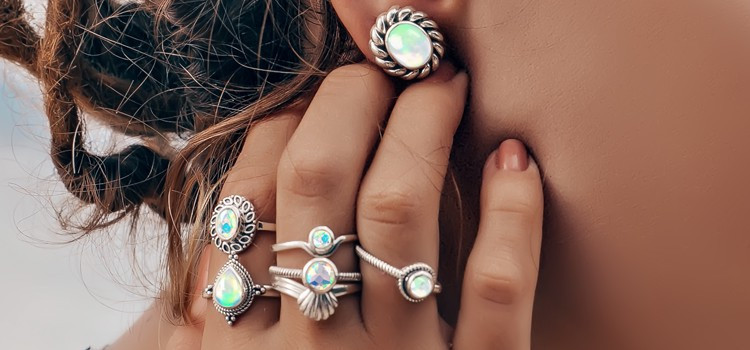Tips to Control Hair Fall

Hair loss, whether in men or women, is a common biological condition that people face worldwide, not just in India. However, you cannot compare the degree of importance that Indians put on hair to enhance a person’s overall appearance and personality. As hair is one of the first things anyone notices about a person, a great hairstyle can give your personality the boost you require. A good hair day is reflected both in the personal and professional life by enhancing the confidence and self-esteem of a person. There are such strong ties between self-esteem, confidence and other mental health aspects and hair that one cannot ignore the effect of hair loss on one’s personality.
It is so common that balding is considered to be a normal part of being a man. Yet despite its commonness, it causes distress and anguish. When men reach 50, they will have noticeable hair loss, which only increases with age. A similar experience is faced by women who experience hair thinning from an early age. Studies conducted to understand male pattern baldness and their associated factors revealed that though there is a high prevalence of hair-related problems, the knowledge of treatment options seems limited. Earlier, advanced clinics and treatments were available in metro cities, but now they are even available in smaller cities such as Jaipur, Coimbatore, Kochi etc. Therefore, suppose you are someone from Rajasthan who is experiencing severe hair fall, then you can get your hair transplant in Jaipur also without having to travel too far. However, before considering a hair transplant procedure, several ways and medications can slow or reverse your hair fall. This article lists some of the tried and tested methods for you to try. However, before discussing the tips, it is better to identify the cause of your hair loss.
Why Does Hair Fall Occur?
It is normal for hair to fall out at the end of its life cycle. Losing up to 100 hair strands a day is considered regular hair fall. However, if you experience severe hair loss or lose patches of hair or notice an overall thinning of hair, you may want to visit your doctor. Sometimes shedding is also a result of a change in diet, medications, or lifestyle changes. Other causes of hair loss are
- Medical conditions like scalp infections, alopecia areata etc.
- Hormonal changes such as pregnancy, menopause, and thyroid issues
- Medications for cancer, blood pressure, psychiatric or arthritis
- Radiation treatment
- Chronic stress, either physical or emotional
- Hairstyling habits that cause stress to the roots, such as cornrows
How to Prevent Hair Loss?
As mentioned earlier, hair loss is a natural process and should not be a cause of worry, if not severe. Here are some ways you can maintain the quality of your hair and prevent excessive hair loss.
- Diet
Studies have revealed that a diet containing raw vegetables and fresh herbs reduces the risk of hair fall or delays its onset. When greens such as parsley, basil and others were consumed more than three times a week, the effect was more prominent. Another study found a diet rich in protein also helped reduce hair fall, and improved hair quality as hair is essentially made of a protein called keratin.
- Supplements
Vitamins A, B, C, D, iron, zinc and selenium are important elements to retain and promote hair growth. It is better to consult your doctor before hopping on the multivitamin train and consuming multivitamins bought from grocery stores. Some vitamin deficiencies, specifically A and D, are known to cause hair loss. Biotin or Vitamin H or B7 is essential for the hair life cycle, and the deficiency may lead to hair loss. Try to get enough of these from your diet, but if insufficient, you can always ask your doctor to prescribe them to you.
- Hair Care
Regular hair washes, oiling, massaging, and gentle hairstyles are all essential to promote hair growth and prevent it from getting stressed. Use a mild shampoo and wash your hair regularly to keep your scalp healthy and clean. Harsher formulas tend to dry, damaged or cause it to break, leading to hair loss. Studies have found coconut oil and olive oil to be effective in preventing hair loss and promoting hair health. Regular oil massages enhance blood circulation in the scalp and promote healthy roots. Certain combinations of essential oils such as lavender, cedarwood and rosemary have been found to show positive results in those suffering from alopecia areata. Others include lemongrass and peppermint, which can be mixed with a carrier oil such as coconut and applied on the scalp 10 minutes before washing.
- Medication, Treatment and Exercise
There are many treatments available for hair conditions now, including laser therapy, platelet-rich plasma therapy, hair transplant etc., at leading hair clinics. Consult your doctor to get advice on the best course of action for your condition and proper diagnosis. The doctor may even prescribe you medication to stimulate hair growth. If the hair loss is caused due to stress, you may even be advised to practice stress-releasing activities such as Yoga.
The sooner you start your hair care journey, the longer and healthier hair you will have. No one wants to deal with strands of hair everywhere around them. Hair feels better when it is on the scalp and not on pillows, combs and towels.




